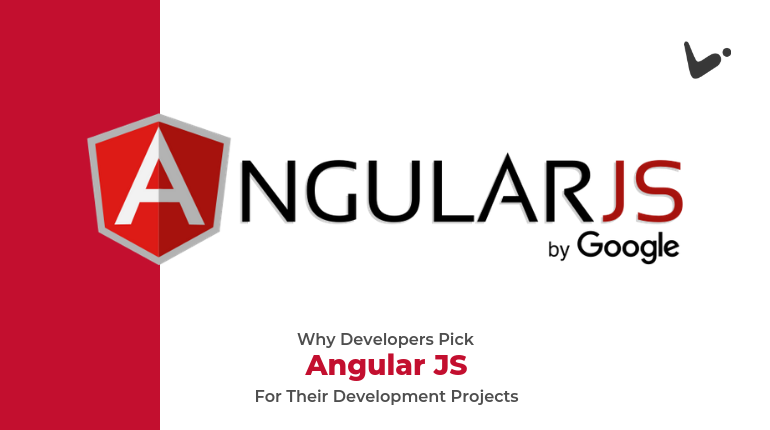Node.js Frameworks Comparison: Choosing the Right One for Your Project
Node.js has become a popular choice for building scalable and efficient server-side applications. One of the reasons for its success is the wide range of frameworks available, each designed to address specific needs and preferences. In this blog post, we'll delve into a detailed comparison of some prominent Node.js frameworks, helping you make an informed decision when selecting the right one for your project.
Express.js: The Lightweight Workhorse
- Overview: Express.js is one of the most widely used Node.js frameworks. It is known for its simplicity and minimalism, making it an excellent choice for building small to medium-sized applications.
- Strengths: Fast and unopinionated, ideal for RESTful APIs and microservices. Large and active community support.
- Weaknesses: Limited built-in features, which may require additional middleware or modules.
Koa.js: The Next-Generation Framework
- Overview: Developed by the creators of Express.js, Koa.js is a more modern and lightweight alternative. It leverages async/await for better control flow and readability.
- Strengths: Streamlined middleware flow, improved error handling, and a smaller codebase. Well-suited for modern JavaScript features.
- Weaknesses: Smaller community compared to Express, and fewer third-party middleware options.
Hapi.js: Configuration-Centric Framework
- Overview: Hapi.js focuses on configuration-driven development, providing a robust framework for building APIs and web services.
- Strengths: Configuration-centric architecture, built-in support for input validation, and a powerful plugin system. Great for large-scale applications.
- Weaknesses: Learning curve due to its unique architecture, may be perceived as heavyweight for smaller projects.
Nest.js: Building Scalable and Maintainable Applications
- Overview: Nest.js is a full-featured framework that embraces TypeScript and is inspired by Angular. It follows modular development principles, making it suitable for large-scale enterprise applications.
- Strengths: TypeScript support, modular architecture, dependency injection, and a strong focus on maintainability and scalability.
- Weaknesses: Steeper learning curve, and might be overkill for small projects.
Meteor.js: The Full-Stack Framework
- Overview: Meteor.js is a full-stack JavaScript framework that allows for rapid development of real-time web applications. It includes both client and server-side components.
- Strengths: Real-time data synchronization, simplified development workflow, and a wide range of packages for quick feature implementation.
- Weaknesses: Opinionated structure, and might not be suitable for projects with specific technology stack requirements.
Conclusion: Choosing the right Node.js framework depends on various factors such as project size, complexity, and specific requirements. Each framework comes with its own set of strengths and weaknesses, so it's crucial to assess your project needs and development preferences before making a decision. Whether you prioritize simplicity, scalability, or full-stack capabilities, the Node.js ecosystem offers a framework that aligns with your goals.


Comments
Post a Comment